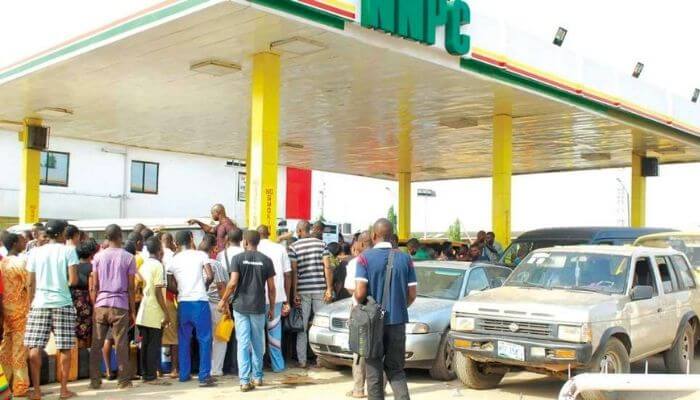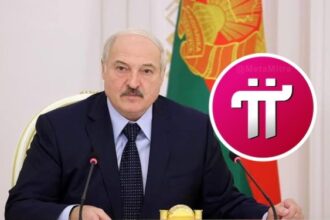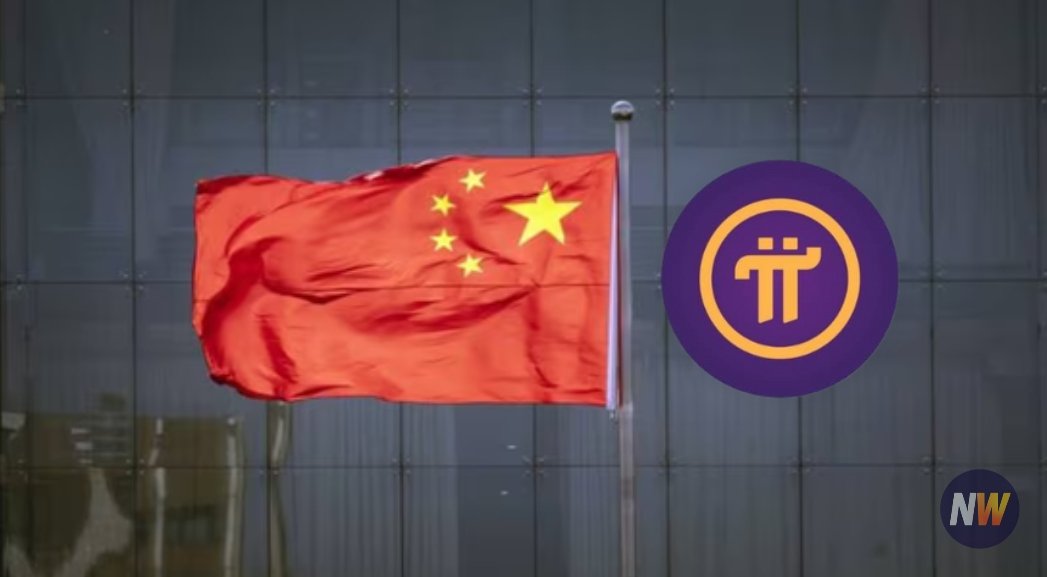Nigerians Take to the Streets to protest the huge hike in petrol cost. Among these demonstrators are supporters of former Lagos State Governor, Bola Ahmed Tinubu, who have recently taken their grievances to the National Assembly. The fuel hike issue has become a significant point of contention, sparking demonstrations and calls for action from the government. This article delves into the fuel hike, the role of the protesters, and the implications for Nigerian politics and the economy.
Fuel Hike in Nigeria
Nigeria, being a major oil-producing nation, has long struggled with the issue of fluctuating fuel prices. Despite being a major exporter of crude oil, the country’s domestic fuel prices have been subject to market forces and internal policies. The Nigerian government traditionally subsidizes fuel to keep prices artificially low for its citizens. However, in recent times, rising global oil prices and economic challenges have forced the government to reduce or eliminate fuel subsidies, leading to a surge in fuel prices at the pumps.
The impact of fuel price hikes on ordinary Nigerians has been substantial, exacerbating inflation, increasing transportation costs, and putting a strain on already struggling households. As a result, the public’s anger and frustration have intensified, culminating in nationwide protests calling for an end to the fuel hikes and demanding better governance.
Pro-Tinubu Protesters
Bola Ahmed Tinubu, a prominent Nigerian politician and former Governor of Lagos State, has played a significant role in the country’s political landscape. Often referred to as the “Jagaban,” Tinubu is known for his influence in the All Progressives Congress (APC) and has been a key figure in the party’s rise to power. His supporters view him as a strong and capable leader who can bring about positive change in the country.
President Tinubu Launches Historic Infrastructure Support Fund to Propel Nigeria’s Economic Growth
The pro-Tinubu protesters, who have joined the broader anti-fuel hike demonstrations, are not only voicing their concerns about rising fuel prices but also expressing their support for Tinubu’s potential bid for higher office. Some believe that Tinubu could be a viable candidate for the presidency, given his political experience and track record in Lagos State. These protesters see the fuel hike issue as an opportunity to rally behind their preferred leader and push for a leadership change in the upcoming elections.
Implications for Nigerian Politics and Economy
The current fuel hike protests, including those led by pro-Tinubu demonstrators, highlight the deep-seated dissatisfaction among Nigerians with their government’s handling of the economy and governance. The government’s decision to reduce fuel subsidies has been met with widespread opposition, and citizens are demanding greater accountability and transparency in the management of public funds.

For Tinubu, the protests present both an opportunity and a challenge. On the one hand, the demonstrators’ support reflects his popularity among certain segments of the population, positioning him as a potential contender for the presidency. On the other hand, the government’s response to the protests could impact his political fortunes, as any association with public unrest could be used against him by political opponents.
Furthermore, the fuel hike issue and the ensuing protests also have economic ramifications. The Nigerian economy heavily relies on oil revenues, and fluctuations in fuel prices can significantly impact the country’s fiscal stability. The government faces the challenge of striking a balance between reducing fuel subsidies to mitigate the budget deficit and addressing the hardships faced by citizens due to increased fuel prices.
The fuel hike protests, which have seen pro-Tinubu supporters joining the fray, illustrate the growing discontent among Nigerians with the government’s policies and economic management. As citizens demand more accountability and responsive governance, the nation’s political landscape is likely to witness significant shifts in the coming months, leading up to the elections. While the protests serve as a call for action from the government, they also have the potential to shape the future political trajectory of Nigeria, impacting leaders like Bola Ahmed Tinubu and the direction of the nation’s economy.















